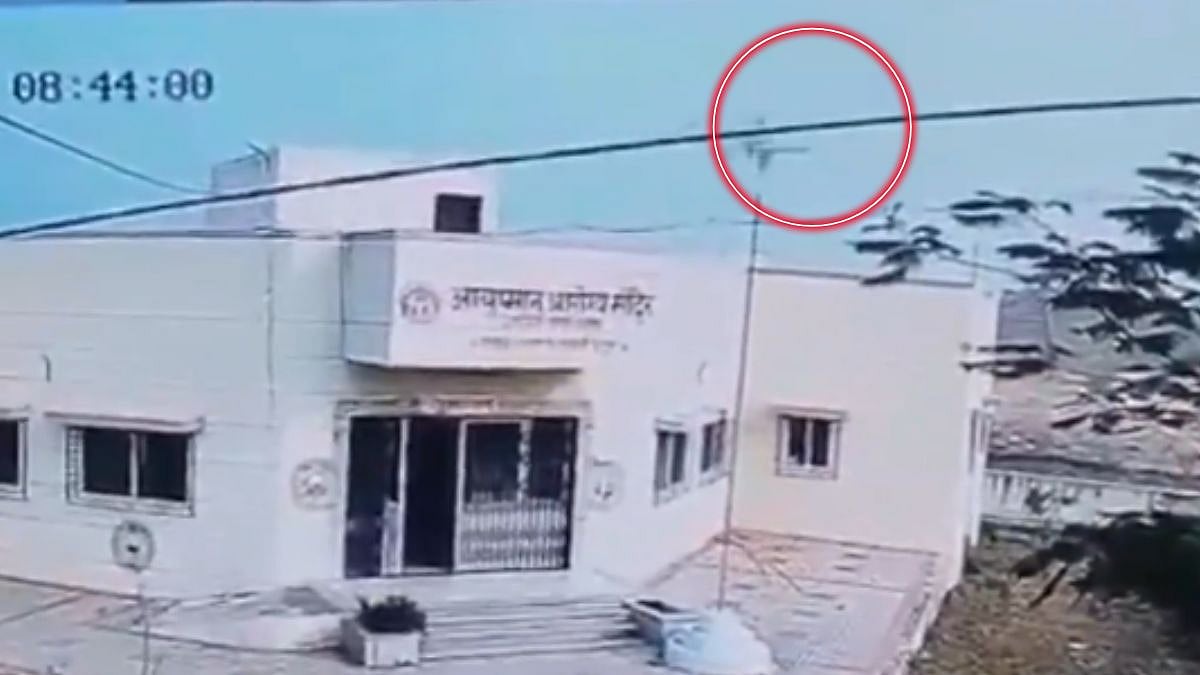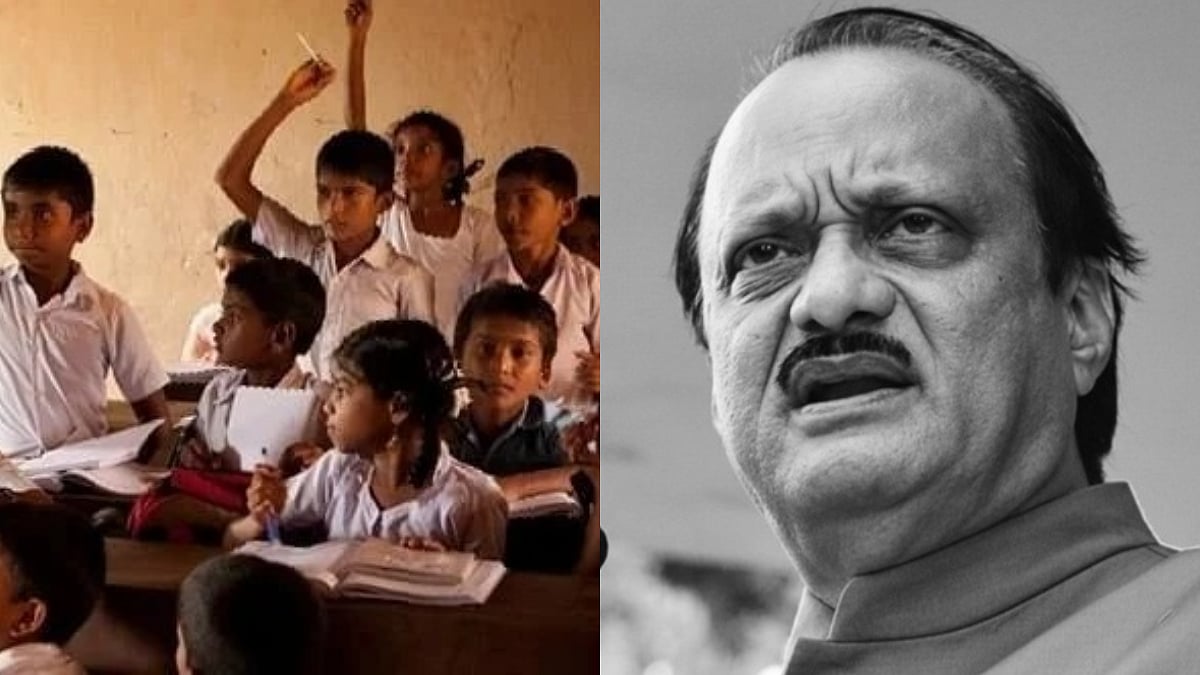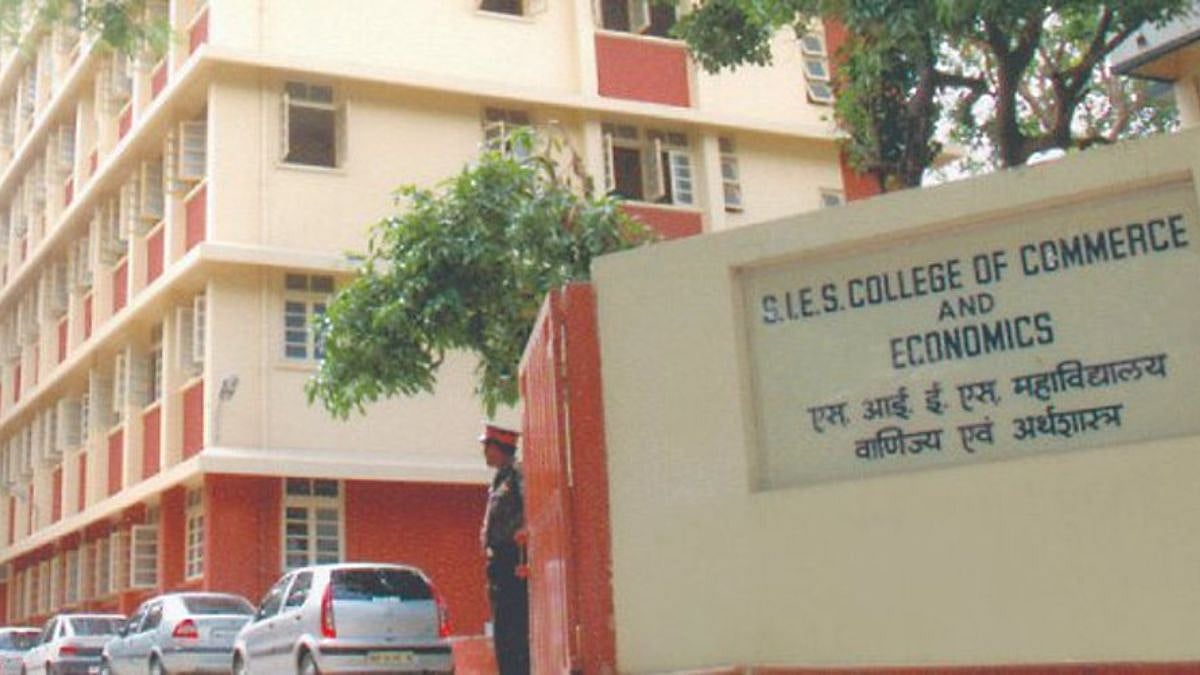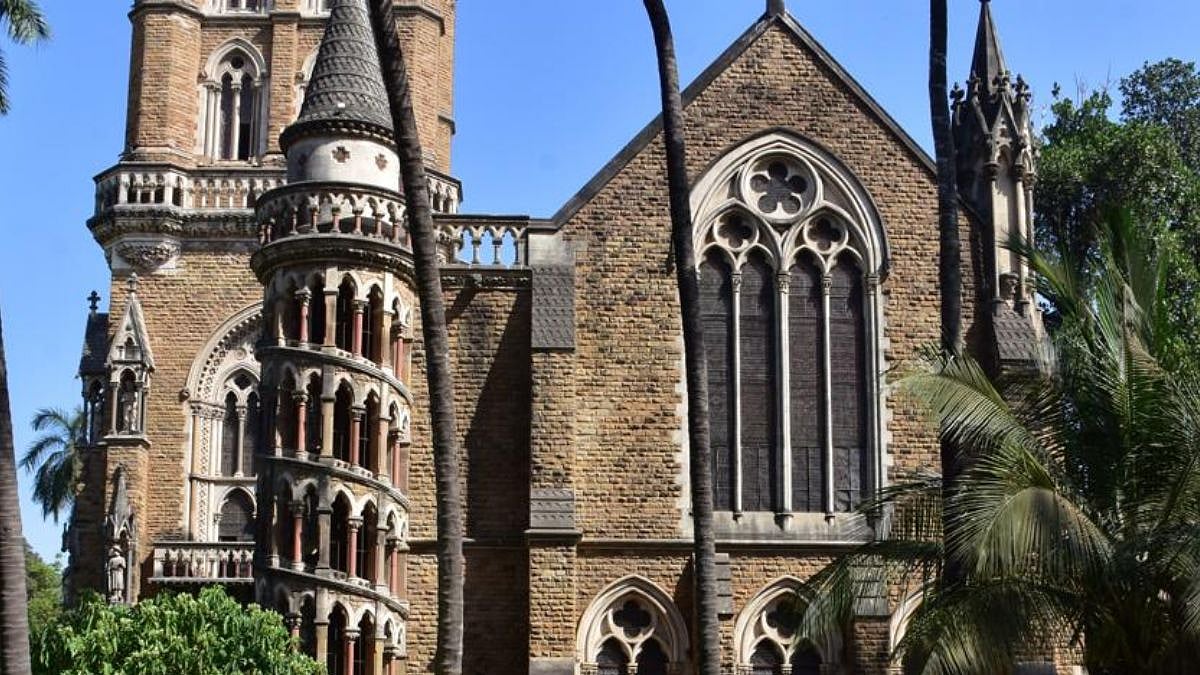Maharashtra government has begun the contentious exercise of merging around 15,000 small government schools with less than 20 students with larger schools in their vicinity.
On Thursday, the state education commissioner Suraj Mandhare issued a letter to all regional deputy directors of education and district education officers to map such small schools in their respective jurisdictions and prepare plans for clubbing them with larger schools by October 15. If materialised, this 'cluster school' programme will result in around 2 lakh children commuting a considerable distance to get to school.
The exercise, which has been in the works for months, is aimed at enhancing the quality of education by exposing students to a larger group of peers, while making better resources and teachers available to them. However, many educationists have criticised the move, as they believe that it's a mere cost-cutting exercise that will make primary education inaccessible.
The state currently has around 65,000 government-run schools, of which 14,783 schools have less than 20 students enrolled in them. Of these, 3,137 schools have between 6 and 10 students, while 1,734 schools record even lower enrollment. Most of these schools are located in remote villages and hamlets in hilly and tribal areas across the state and have one or two teachers who simultaneously teach multiple classes in a single room.
According to the commissioner's letter, the proposed cluster schools should be at a central location within 40 minutes of commute from the smaller schools that need to be merged with it.
These schools must be equipped basic facilities such as library, computer room, science lab, art and culture space and playground, while having specialized teachers for art, computer and physical education. The authorities have been directed to provide free bus facilities to students for travelling to and from their new school.
The state has already conducted a pilot project of cluster school at the hilly Velhe taluka in Pune district, where around 200 students from 13 government schools in a 10km radius have shifted to a single school in Panshet village.
The government officials believes that clustering schools will make it easier to provide the necessary educational resources and an adequate number of subject-specific teachers. they also argue that larger schools will help promote peer-to-peer learning among students and help create a competitive atmosphere.
However, many teachers are opposed to the move. "The Right to Education Act requires that the primary and upper primary students be provided school facility within 1 km and 3 km distance of their residence. Maharashtra has been successful in establishing schools in the remotest parts of the state. This progress will be reversed if the cluster school project is implemented. The existing system has been working well," said Mahendra Ganpule, Spokesperson for the Maharashtra School Principals Association.










